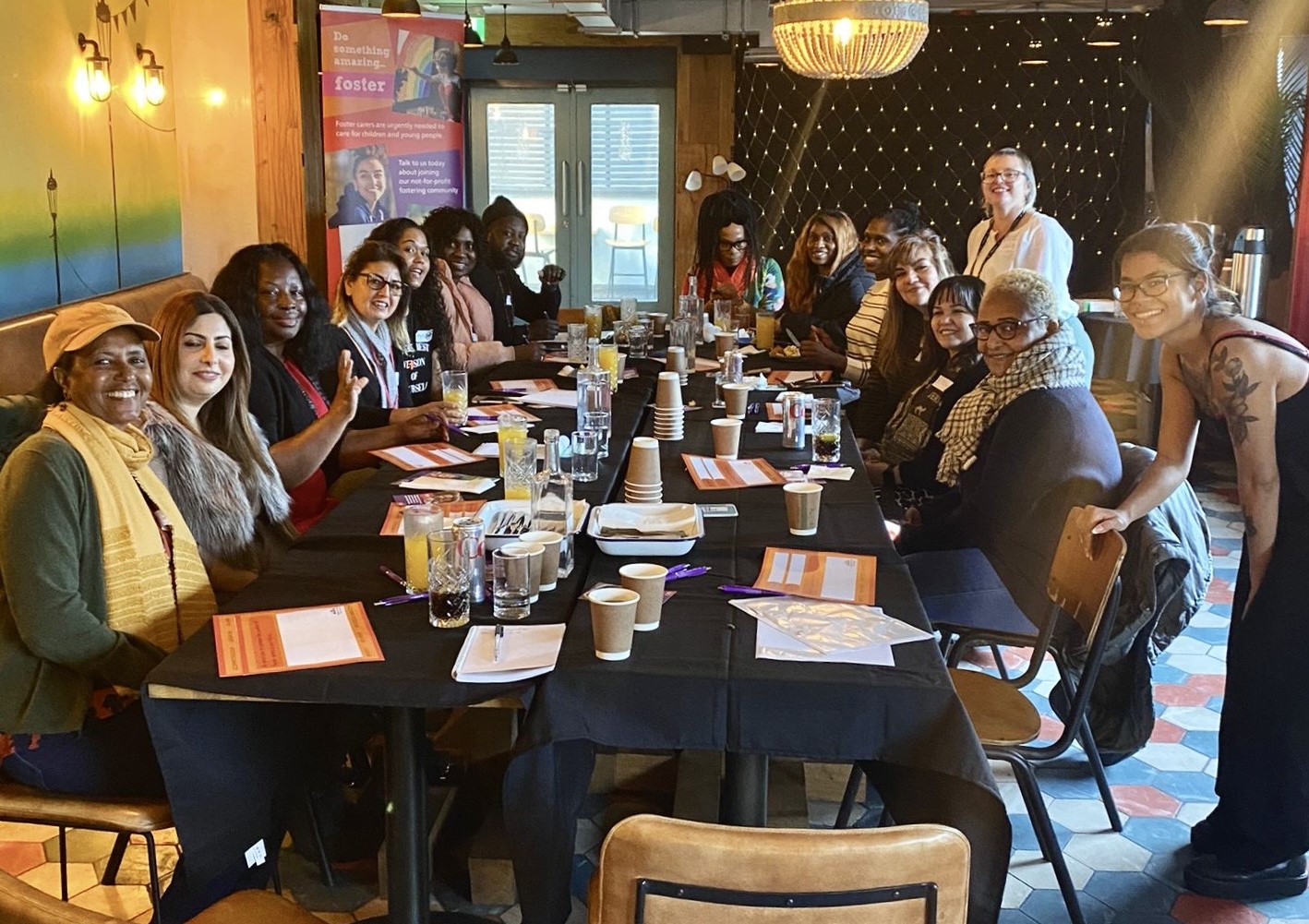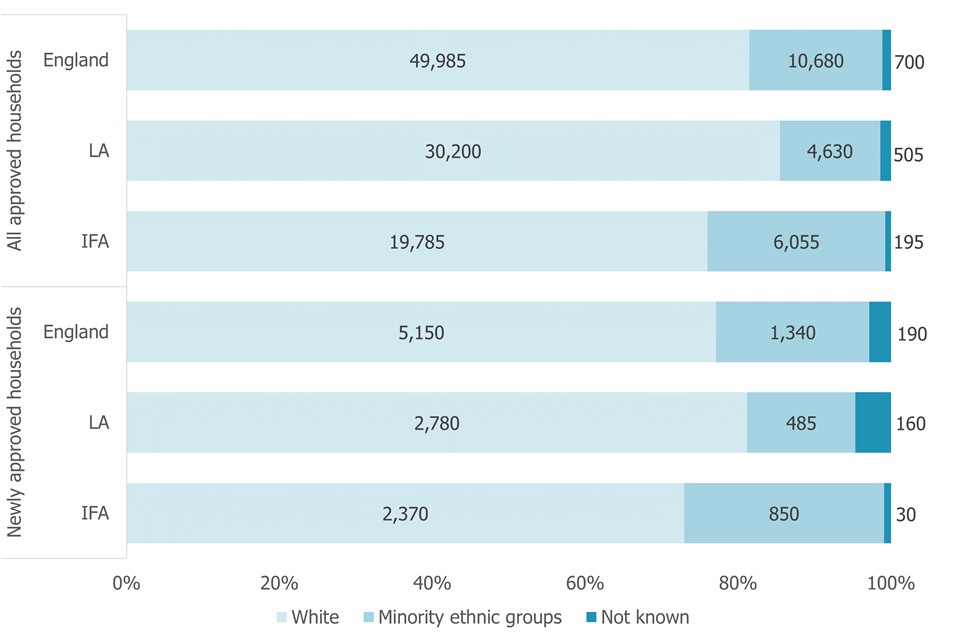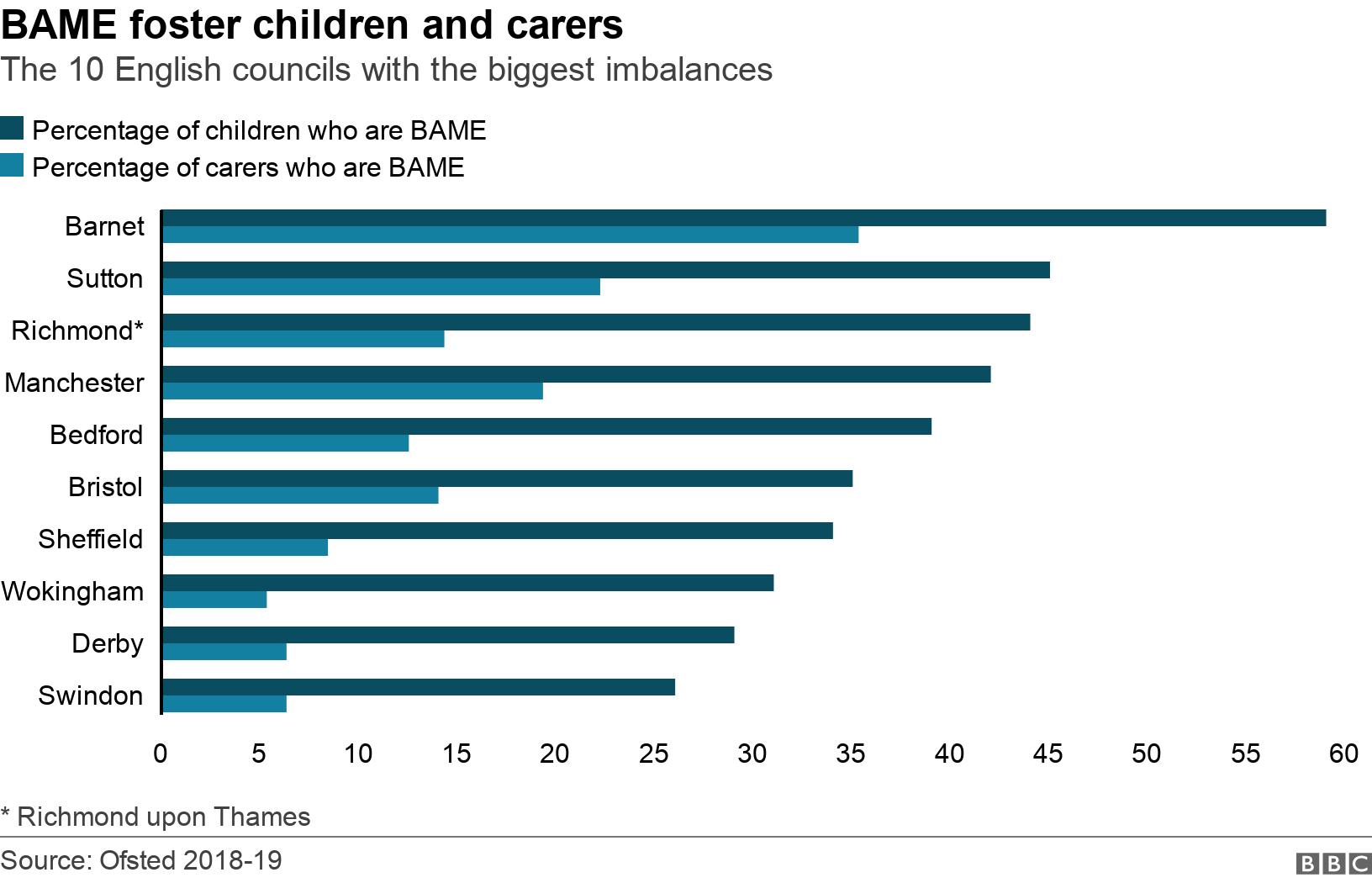Bridging Cultures for Foster Care: Brighton and Hove City Council’s Roundtable Discussion with Vandu Languages

Bridging Cultures for Foster Care: Brighton and Hove City Council’s Roundtable Discussion with Vandu Languages
On the last Thursday of November 2023, the Fostering Team at Brighton and Hove City Council hosted an event for community leaders and individuals interested in gaining insights into the current needs of the fostering community.
The primary goal of our engagement was to promote awareness in ethnically diverse communities, encouraging them to become foster carers or supported lodging families. Due to the significant shortage of individuals taking on these roles, particularly from ethnic minority backgrounds, this is critical.
Vandu Languages interpreters from Europe, Africa, and the Middle East attended the roundtable event to learn about foster care and discuss ways they can return to their communities as inspiring voices, raising awareness and contributing to the recruitment of ethnically diverse foster carers.
In this article, we aim to share some of the key topics discussed during the meeting, highlighting aspects that should be of great importance to anyone working with underrepresented ethnic communities.
Fostering Statistics in the UK
Various types of foster care exist in England, including long-term (until the child becomes an adult) and short-term (for a few weeks or months) foster care.
According to the Fostering Network, nearly 70,000 children live with foster families in the UK every day, and every year thousands of new foster families are needed.
The Fostering Team at Brighton and Hove City Council has observed a rise in mixed-race children in need of foster care in East Sussex. Their responsibility is to find a family that thoroughly understands the importance of supporting these children with full awareness of their culture, language, and ethnic characteristics.
The following graph shows the ethnicity of foster carers in the UK as of March 2022*.

As represented above, 81% of foster carers were White. The proportion of foster carers from non-White ethnic groups in Independent Foster Agencies (IFAs) was 23%, whilst it was a concerning 13% for Local Authorities (LAs).
Children of ethnic minority backgrounds constituted 28% of children under the care of IFAs and 21% of children under the care of LAs in 2021.
This data shows a significant disproportion in the number of ethnic minority foster carers compared to the number of children in need of foster care. The following graph visually illustrates this unsettling contrast during 2018-2019 in the 10 English councils with the most significant imbalances.

Why Did We Meet Up with Community Leaders and Language Professionals?
The Fostering Team at Brighton and Hove County Council is seeking to expand its network of ethnic minority foster carers.
Although statistics show a low number of ethnic minorities offering fostering or supported lodging, we see this as an opportunity for positive change. We aim to encourage individuals with extra room to step forward and make a significant impact on the lives of children in need.
Vandu Languages founder, Mebrak Ghebreweldi, shared her opinions on the event:
“I feel that any displaced child, or any child that comes from a family that cannot look after them, is the responsibility of the community, the whole community, not just one community, because at the end of the day we are all human race and the child is the future of us all”.
Why Should We Consider the Ethnicity of Foster Carers?
Caring for a child with a different ethnicity can be challenging. Foster carers have to consider both intangible factors, such as culture and language, and tangible factors, such as physical features and additional support needs.
In the UN Convention on the Rights of the Child (UNCRC), Article 20, it is stated that when considering ways to protect a child temporarily or permanently deprived of their family environment, the State should make allowances for the child’s ethnic, religious, cultural and
linguistic background.
Many children in need of foster care have fled unaccompanied from their home countries to the UK as asylum seekers. Their experiences can be intense and traumatic, requiring foster carers to take into account their cultural background and provide additional support when required.
Generally speaking, foster carers are required to possess an awareness of the child's cultural background to ensure the provision of optimal care. This can be better achieved when the child shares the same culture as their foster family.
Could You Become a Foster Carer?
The most significant barrier for ethnic minorities in becoming foster carers is often the lack of extra room. Social workers involved in recruiting foster carers need to comprehend the challenges faced by these communities. Many adults who have migrated to the UK are still in the process of establishing themselves and finding places where they can enjoy comfortable living conditions.
If you have a spare bedroom at home and indefinite leave to remain in the UK, you could become a foster carer. We are working towards generating positive change in our society, and you can contribute by becoming a foster carer or by sharing information with individuals from ethnic minorities who might be interested in providing a home for a child in need of support, protection, and love.
Dr. Janet Baah, the first former ethnic minority Mayor of Lewes, attended the roundtable event and conveyed an important message:
“We want to listen to you, find a way to support these young people who need help. Without our help and your help, they wouldn’t thrive. We want all our children to thrive”.
Get To Know More About Us
Vandu is not merely a service provider; it serves as a bridge addressing cultural communication gaps. The success of our engagement on November 28th exemplifies our commitment to facilitating smoother and more effective communication between the public sector and ethnically diverse communities.
For more than two decades, Vandu has been providing services to the local community through diverse clients, including the NHS and various local authorities such as Surrey, Buckinghamshire, West Sussex, East Sussex, and Brighton and Hove County Councils.
Our services include:
Translations
Interpreting
Health and Social Care Bilingual Advocacy
To learn more about Vandu Languages, continue exploring our website and subscribe to our LinkedIn Newsletter. We post biweekly articles every Tuesday and Friday covering topics of relevance to local communities, corporate leaders, academic institutions, and language professionals in the UK.
We invite you to join us in making a difference. Share our message, get involved, and explore how you can contribute to creating warm and caring homes for children from diverse backgrounds. Together, we can build a brighter future for the next generation.
You Are Invited to our Annual Conference
Save the date for Vandu Languages' and Diversity Resource International’s Annual Conference 2024 on March 6th at Lewes Town Hall.
The conference’s theme will be: ‘Analysing EDI (Equality Diversity and Inclusion) Training: Outcomes and Impacts in Transforming Organisation Culture’.
We aim to unite valued customers, associates, staff, statutory and local organisations, universities, and community members for positively disruptive conversations and reflections that can ultimately generate an impact on the broader society.
While open to all, we kindly request confirming attendance through Eventbrite.
If you have any questions, please contact us at comms@vandu.co.uk
